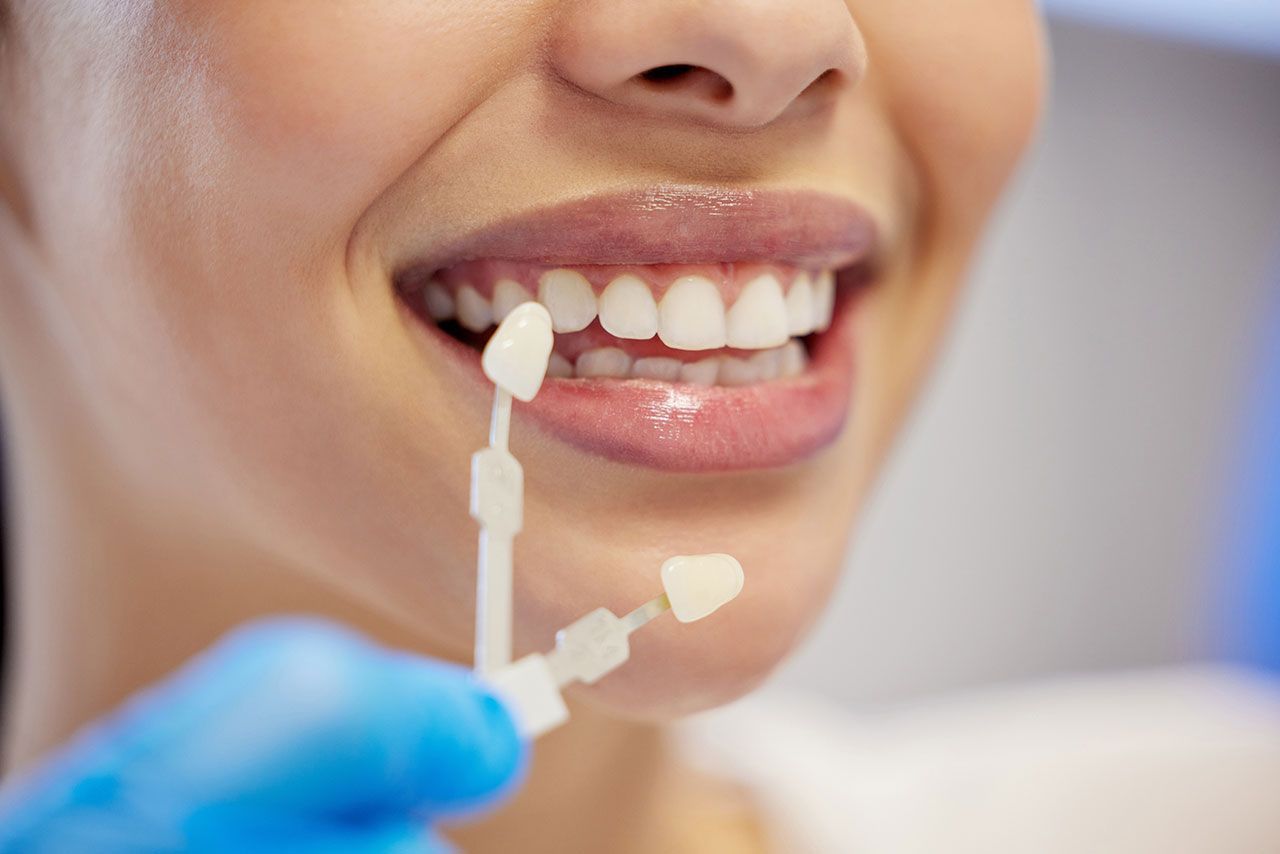A Message From Your Dentist About the Coronavirus
Aria Dental of Annapolis • March 24, 2020
Staying Safe During an Outbreak
As health officials seek to contain the coronavirus outbreak, unprecedented safety measures have been issued for our protection. We want to reassure you that Aria Dental is also taking extraordinary measures to protect your health and well being.
Your Protection Against Exposure
As a healthcare provider, we are held to higher sanitary standards by law. We follow all OSHA requirements including fully sanitizing exam rooms between patient visits, sterilizing dental implements after patient visits and wearing protective gear such as medical gloves and masks.
To further protect you and the community, we’ve prepared this message to alert others to the connection between one’s oral health, immune system and bodily diseases—including viruses —and provide additional preventive tips.
Link Between Oral Health, Illness and the Immune System
Your mouth is home to billions of bacteria; some are friendly bacteria while others are harmful. When your oral hygiene regimen is properly done and your immune system is intact, the harmful bacteria is kept in check. However, when oral hygiene habits are poor—including insufficient brushing or flossing and too few professional cleanings—the harmful bacteria can cause tooth decay and gum disease.
This tooth decay and gum disease create inflammation which, in turn, damages your gums’ blood vessels and allows bacteria into the bloodstream. By its nature, this bacteria not only evades the immune system, it manipulates it so the harmful bacteria can continue to survive. As your immune system weakens, your susceptibility to diseases like the coronavirus and other infectious illnesses increases.
This harmful bacteria can also trigger other health issues such as cardiovascular disease, heart disease, pneumonia and, for expectant mothers, premature birth and underweight babies. And, as health officials continue to warn us, the coronavirus is more likely to be contracted by those with underlying medical conditions.
Why We Won't Close Our Doors
Despite our own risk of exposure, we refuse to close our doors amid this healthcare crisis. As a frontline healthcare provider, we firmly believe it’s our responsibility to detect and eliminate those oral issues which threaten your immune system and your ability to ward off infectious diseases including the coronavirus and the flu. It’s our mission to do all we can to preserve and protect your help, in good times and bad.
Warning Signs of Oral Decay and Infection
If you are experiencing any of the following signs of bacterial decay or infection, we strongly recommend you come see Dr. Daniel to address the issue:
• Severe tooth pain
• Swollen face, cheeks or gums
• Sensitivity to hot or cold food or beverages
• Sensitivity when biting down
For patients who already have a compromised immune system, eradicating oral decay and infection is even more imperative.
Of course, if you have any signs of illness, stay isolated and seek medical attention as warranted by coronavirus health guidelines.
Preventive Oral Hygiene Tips
Here are some oral hygiene tips to reduce the risk of exposure to the coronavirus and other illness in your household:
• Use Your Own Toothbrush:
The coronavirus is spread through touching a surface or object which contains the virus and then touching your nose or mouth (and possibly the eyes).4 Never share a toothbrush with anyone who may have been exposed to the coronavirus or is ill. As a side note, rinsing the toothbrush will not decontaminate it. To be safe, never share a toothbrush for any reason, even with loved ones.
• Don’t store toothbrushes in closed containers:
Bacterial growth can occur on toothbrushes when they are covered or stored in closed containers.6
• Don’t share toothpaste:
Sharing toothpaste tubes can spread germs. If a member of your household has been exposed to the coronavirus or other communicable disease or is presently ill, give them their own toothpaste tube to use.
• Eat Right:
The right nutrition supports all your body’s vital functions including the immune system. Guidelines include eating fruits, whole grains, a variety of vegetables and proteins—such as seafood, lean meat and poultry, eggs, nuts, seeds—and more. Dietary guidelines can be found on the U.S. Department of Health & Human Services site at www.HHS.gov.
• Take Vitamin C:
A recent medical study indicates vitamin C helps prevent the common cold and reduces its duration. Moreover, inadequate C increases one’s risk of contracting the flu and makes flu symptoms more severe. As studies continue in vitamin C’s direct effect on the coronavirus, taking this supplement should help support your immune system.
Stay Calm
Despite the alarming headlines, the Centers for Disease Control and Prevention (CDC) reports that the risk of Americans being exposed to the coronavirus is low and that most cases are mild. On our last check, the CDC was reporting 3,487 cases of coronavirus in the U.S. amid a population of 329 million. That means just a fraction of one percent of all Americans have the virus right now and it’s likely symptoms are mild. Compare that to CDC estimates of at least 36 million U.S. cases of the flu over the 2019 – 2020 flu season (March 1, 2019 to March 7, 2020) with a minimum of 370,000 million flu hospitalizations.
In the meantime, continue to follow CDC guidelines and if you are experiencing signs of oral decay or infection, do not ignore them. Come see us to get it rapidly addressed and eradicated as a health risk.
Best regards,
Staff at Aria Dental of Annapolis
Share This Post




